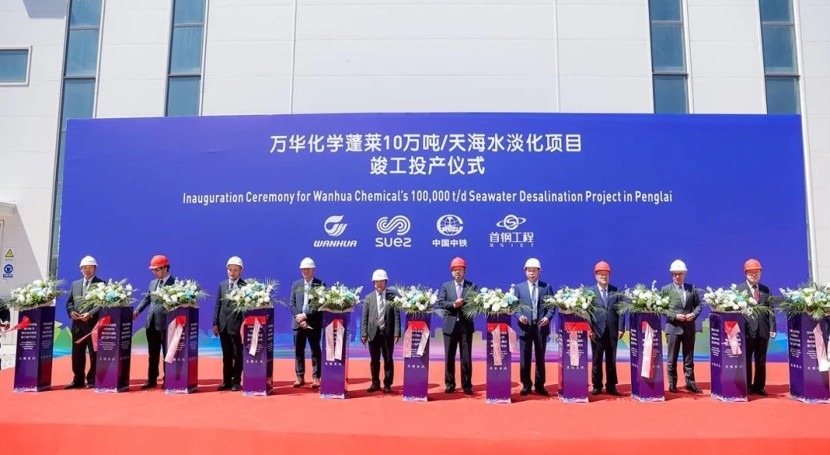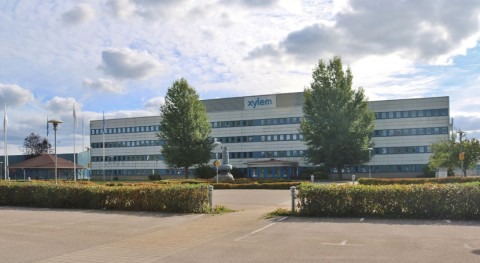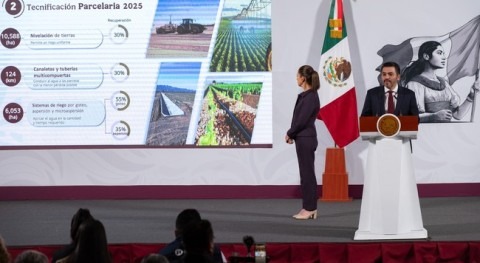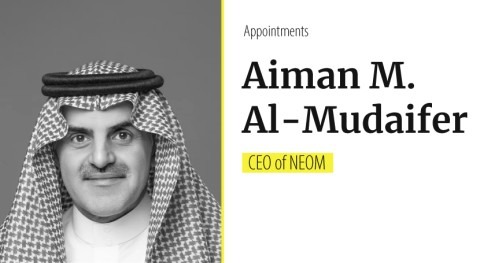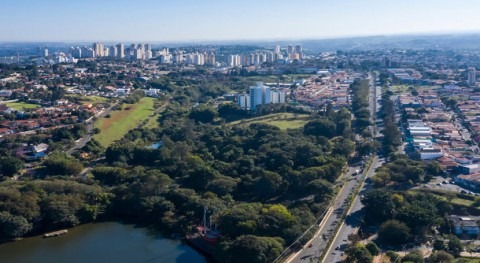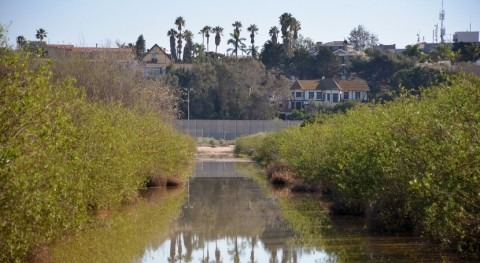A major seawater desalination plant, developed by SUEZ for Wanhua Chemical Group, has officially commenced operations at the company’s Penglai Industrial Park in Yantai, Shandong Province. Wanhua Chemical Group is among the top 20 global chemical companies.
The facility, which will be completed in three phases, is designed with a total treatment capacity of 300,000 cubic meters per day. Once fully operational, it will become the largest industrial membrane-based seawater desalination plant currently planned in China. The project was marked by a launch event attended by local government officials and representatives from key partner organizations, including Wanhua Chemical Group, China Railway Shanghai Engineering Group Co., Ltd., Beijing Shougang International Engineering Technology Co., Ltd., and SUEZ.
LIAO Zengtai, Chairman of Wanhua Chemical Group, said: “The completion of the Penglai seawater desalination project represents not only a firm step forward for Wanhua’s journey toward green and low-carbon industrial development, but also a significant milestone in the innovation and application of seawater desalination technology in China. Through our partnership with SUEZ, the project has achieved a world-leading standard by employing the advanced technology and the optimal process, thereby establishing a global benchmark for energy efficiency in the seawater desalination industry. As a leader in the chemical new materials industry, Wanhua will continue to partner with SUEZ to drive industry transformation and contribute to the global seawater desalination sector.”
Once fully operational, it will become the largest industrial membrane-based seawater desalination plant currently planned in China
Pierre Pauliac, Interim Co-CEO & Chief Operating Officer Water at SUEZ, commented: “With nearly 60 years of experience in designing, building, and operating more than 260 desalination plants worldwide, SUEZ delivers tailored, high-performance solutions for municipal and industrial clients. The Penglai facility, constructed to the highest industrial standards, is a landmark project between SUEZ and Wanhua Chemical Group, building on our successful partnership since 2017. The commissioning of the first phase today sets a benchmark for seawater desalination in coastal regions across China. It stands as a powerful example of what is possible when innovation, ambition, and partnership come together to address the urgent need for fresh water in coastal areas.”
Wang Jianying, Chairman of China Railway Shanghai Engineering Group Co., Ltd., said: “This marks the largest industrial membrane-based desalination project currently planned in China. With the shared mission to build it into a 'lighthouse' project, China Railway Shanghai Engineering Group has leveraged extensive resources, applied scientific planning, and maintained rigorous safety and quality management throughout the process. With the concerted efforts of the consortium partners, we achieved the high-quality delivery of the entire facility within 14 months, demonstrating our team's unwavering commitment, resilience, and pursuit of the highest standards.”
Wu Liyun, Chairman of Beijing Shougang International Engineering Technology Co., Ltd., said: “With nearly 800 projects for over 200 clients worldwide, this high-quality project exemplifies Shougang International Engineering's commitment to technology-driven innovation, utilising BIM technology to integrate the entire lifecycle of the desalination plant. Today, together with our partners, Wanhua Chemical Group, SUEZ, and China Railway Shanghai Engineering Group—all are leading companies in their respective fields—we celebrate this fruitful international cooperation in sustainable water solutions. We look forward to contributing further to the sustainable development of global water resources.”
Technological features and environmental goals
SUEZ has applied its global experience in membrane-based seawater desalination to the Penglai plant. The facility uses advanced reverse osmosis membrane technology to convert seawater into freshwater, providing a primary water source for industrial operations at the site.
The plant incorporates low-carbon, energy-efficient processes, achieving over 15% cost savings compared to traditional dual-membrane technologies. Upon completion of the first phase, it will produce 100,000 cubic meters of desalinated water daily, with expected annual savings of more than 36 million cubic meters of freshwater. It also includes a highly automated system, making it the first fully automated desalination plant of its kind in China.
Context and strategic importance
China continues to expand its use of seawater desalination as part of its broader water security strategy. Shandong Province, where the plant is located, experiences significant water stress, with per capita water resources less than one-sixth of the national average. Seawater desalination has been identified as a key development area for addressing such regional challenges.
The Penglai plant is positioned as a flagship project in both national and provincial desalination strategies. It was among the cooperation agreements signed during French President Emmanuel Macron’s state visit to China in April 2023, observed by officials from both countries. The facility aims to enhance local water resilience, address freshwater shortages, and contribute to long-term climate adaptation efforts in the industrial sector.

